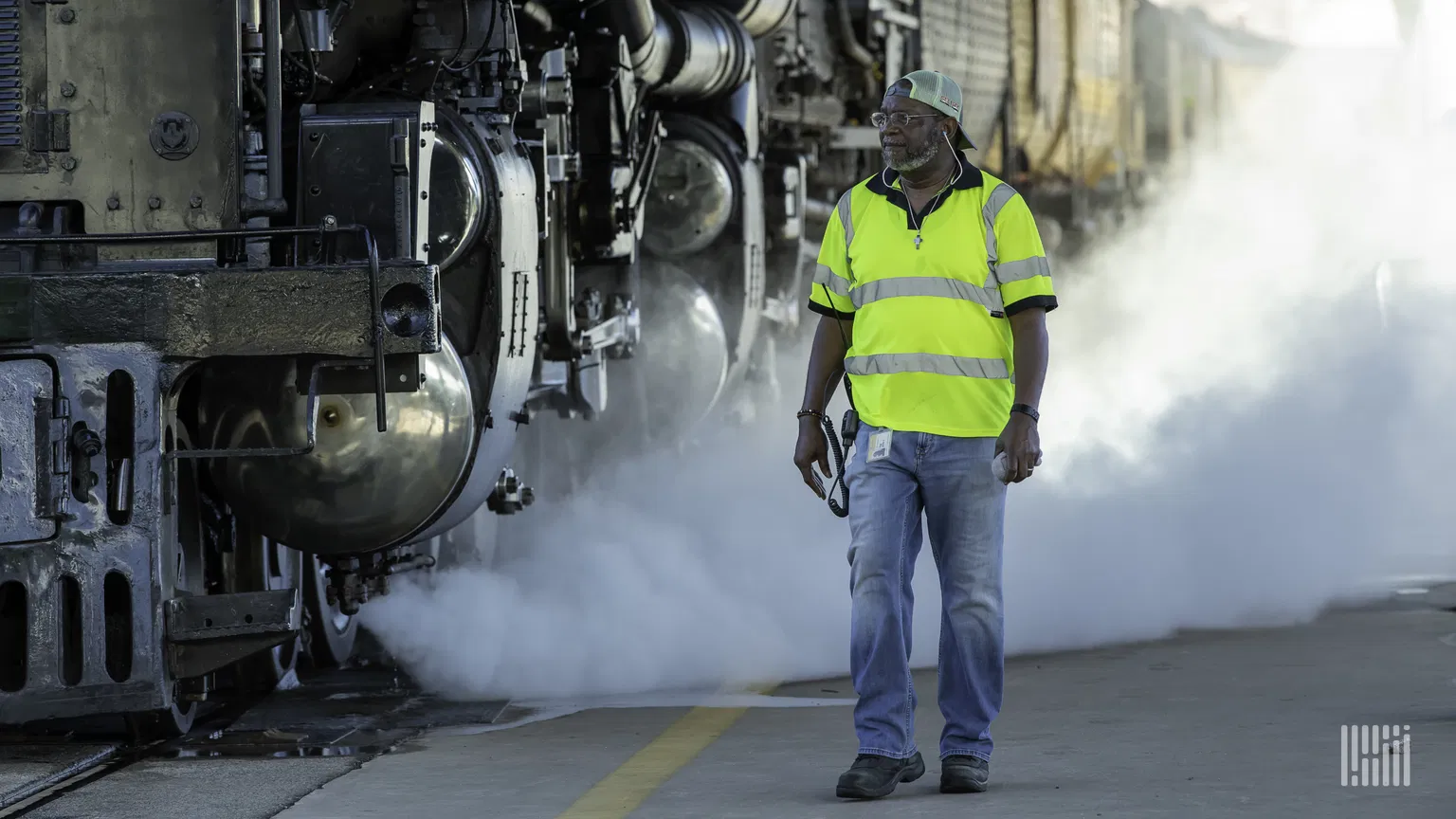Concerns about New Regulatory Changes
The railroad industry is currently buzzing with concern as labor unions voice their apprehensions regarding the potential rollback of safety protections that were established a couple of years ago. The U.S. Department of Transportation is proposing several changes that could elevate risks within the rail sector.
Implications of Potential Changes
Within a recent Notice of Proposed Rulemaking (NPRM), the Department laid out a roadmap to amend existing rules set in 2021, which were designed to maintain stringent safety standards across the rail industry. The intriguing part here is that these changes could allow railroads to contest decisions made by federal inspectors, essentially questioning their authority and credibility.
Proposed Changes to Enforcement Procedures
This NPRM introduces a mechanism whereby rail companies can petition for a review, claiming that DOT personnel may have violated enforcement rules. If these claims can be supported, the DOT’s general counsel holds the power to recommend actions including:
- Removing the investigative team from a specific case
- Excluding certain evidence or issues
- Restarting an enforcement action from the beginning or from a previous point in the process
These revisions could significantly alter how safety breaches are addressed, raising questions about accountability in a sector that already has a history of complexities.
The Voice of Rail Labor
Mark Wallace, President of the Brotherhood of Locomotive Engineers and Trainmen (BLET), expressed deep concerns about these changes, highlighting that FRA investigators play a crucial role in holding railroads accountable to safety standards. Wallace notes that railroad employees could face retaliation for raising safety concerns – a fear that many take seriously.
Protection for Inspectors as a Priority
Wallace stressed the importance of having systems in place to protect inspectors who are pinpointing violations. He underlined that unchecked power given to rail companies could diminish the enforcement of safety protocols, which would ultimately affect logistics across the board.
Potential Chilling Effects
Transportation Workers’ union leaders, including Greg Regan from the Transportation Trades Department, AFL-CIO, warn that the proposed policy could have a chilling effect, leading federal employees to hesitate in enforcing safety protocols. Regan articulated that the proposed changes not only threaten the credibility of the enforcement process but also could evolve into an environment where employees fear repercussions simply for doing their jobs.
The Culture of Safety at Risk
Regan advocates for significant modifications to these proposals, cautioning that diminishing the safety enforcement framework could erode the very culture of safety that regulatory frameworks aim to nurture. He contends that the public, along with transportation professionals, deserves uncompromised safety standards – standards that are traditionally established through rigorous regulations.
Echoes from the Trucking Industry
The concerns raised by rail labor closely mirror issues flagged by safety advocates in the trucking industry, who are also wary of regulatory adjustments potentially leading to a lack of adequate safety oversight. It sounds a clarion call—safety should never take a backseat to economic expediency or regulatory leniency.
Operational Impact on Logistics
In the realm of logistics, these proposed changes carry significant implications. Should oversight and enforcement become lax, the efficient and safe transport of goods could be jeopardized. The interconnected world of freight forwarding relies on stringent safety standards, and any lapses could ripple through supply chains, ultimately affecting delivery timelines and operational reliability.
Important Takeaways
Regulatory changes can often appear esoteric or distant, but their effects are far-reaching. Even the most meticulously crafted guidelines can fall short of addressing challenges inherent in real-world operations. The collective experiences of rail industry employees and unions signal a critical moment in the discussion of transport safety regulations.
Personal Experience Versus Reviews
It’s evident that while reviews and feedback might provide a glimpse into the unfolding situation, experiencing these realities firsthand is irreplaceable. For logistics managers or transport professionals, understanding the nuances of safety regulations is pivotal. It accentuates the need for transparency and clarity in all transportation businesses, including specialists like GetTransport.com who offer affordable, global cargo solutions.
Następne kroki
For those in the logistics or transportation sector, it’s essential to remain informed and proactive. Recognizing the potential implications of regulatory changes on logistics operations allows for better planning. Transportation professionals can benefit from engaging with platforms like GetTransport.com, which prioritize safety and consistency in their various offerings, including office relocations, cargo deliveries, and transport of bulky items. They provide a hassle-free way to manage logistics needs globally whilst ensuring that even the minutiae of safety are respected. Book your delivery with GetTransport.com today!
This discussion on rail safety illuminates the intricate relationship between regulations and day-to-day operational efficiency in logistics. The right precautions, fueled by honest communication and active engagement, strengthen the backbone of the transportation infrastructure. So whether it’s freight, moving, or logistics at large, lean on trusted solutions to help navigate the ever-evolving landscape of cargo transportation effectively.

 Związki zawodowe podnoszą alarm w związku z potencjalnymi zagrożeniami dla bezpieczeństwa wynikającymi z proponowanych zmian w DOT">
Związki zawodowe podnoszą alarm w związku z potencjalnymi zagrożeniami dla bezpieczeństwa wynikającymi z proponowanych zmian w DOT">